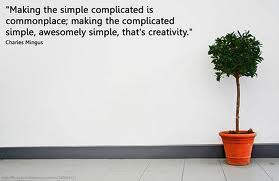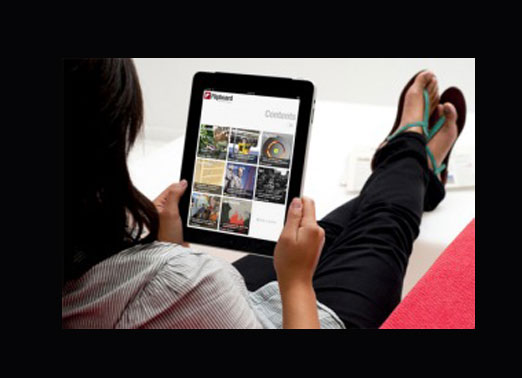Keeping It Simple Is An Understatement
When we are looking at our business, it seems completely obvious we should just keep it simple. While this may seem obvious, it is much more difficult to accomplish in a complex world filled with complex processes, complex rules, complex people, and complex competitive forces. If we could be more disciplined and keep it simple in our businesses, would we have more success? Well, that is what Ken Segall says in his new book that explains how Apple’s success was based on not just simplicity, but the Insanely Simple.
In the book “Insanely Simple: The Obsession that Drives Apple’s Success,” Segall explains how simplicity was the connecting theme between all the great things they did with hardware, software, strategy, and other areas, thus making them the most valuable company on the planet. Segall’s observations are particularly intriguing because he worked at an ad agency as creative director for companies like IBM, Intel, and Dell as well as with Steve Jobs’ other company NeXT.
 I have been saying this for a while now about the things we do and the products we create, so my interest was piqued. It was very clear that we had not gone to the extremes discussed in this book. I would like to thank my friend Paul Sponcia, a fellow entrepreneur in technology, for sending me this book. He knew it would resonate with me.
I have been saying this for a while now about the things we do and the products we create, so my interest was piqued. It was very clear that we had not gone to the extremes discussed in this book. I would like to thank my friend Paul Sponcia, a fellow entrepreneur in technology, for sending me this book. He knew it would resonate with me.
Segall says, “Whether you’re a person, dog, fish, or ameba, you will respond more positivity to the simpler solution – even if it isn’t a conscious response.” Knowing, embracing, and leveraging this as a business person, especially one creating the new web and mobile apps, will achieve greater success than those that do not.
Segall gives several examples, including limiting the number of people in a meeting to the few that really need to be there. More people create more complexity. When Jobs came back to Apple, they had about 30 products, and he simplified it down to 4. The iPhone has only one button because Jobs wanted complete simplicity. He rejected many versions before he got to the one button design.
The power of simple not only made amazing products, it became a key value at Apple. I see the power of simple and understand better why the opposing force of complexity gets in the way. I will be more relentless going forward with making simplicity a mantra of what we do.
What are you doing to incorporate simplicity in your business as well as other areas of your life?
